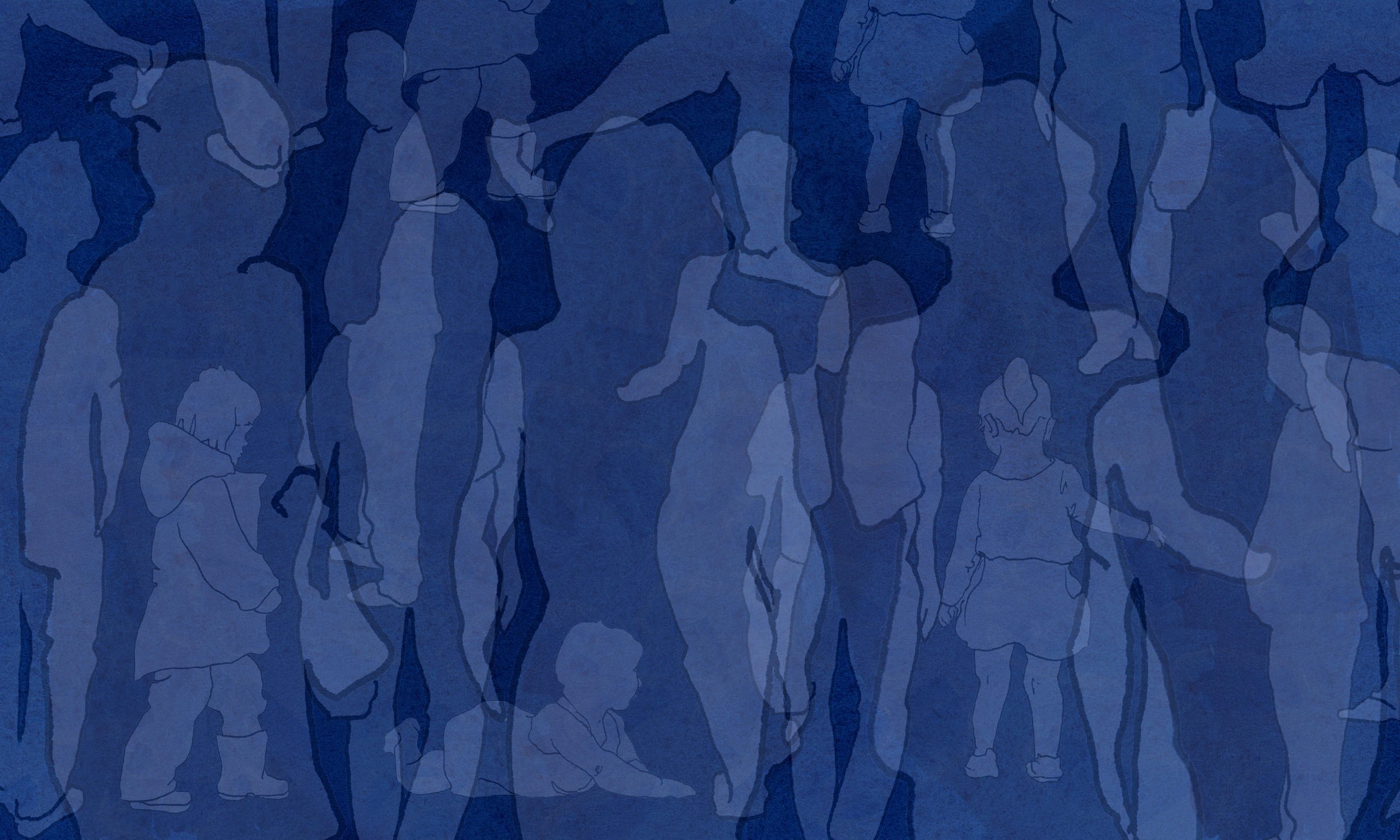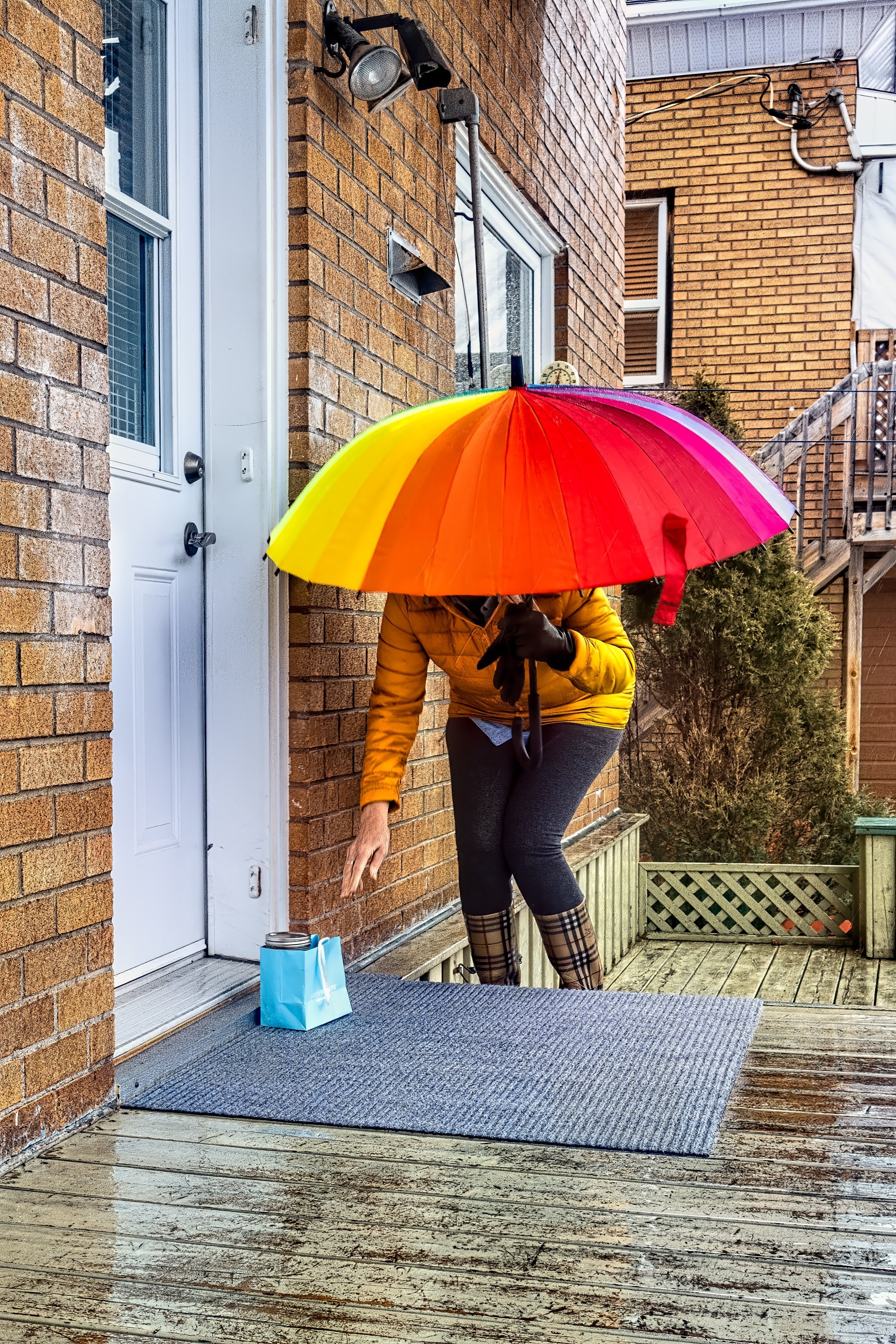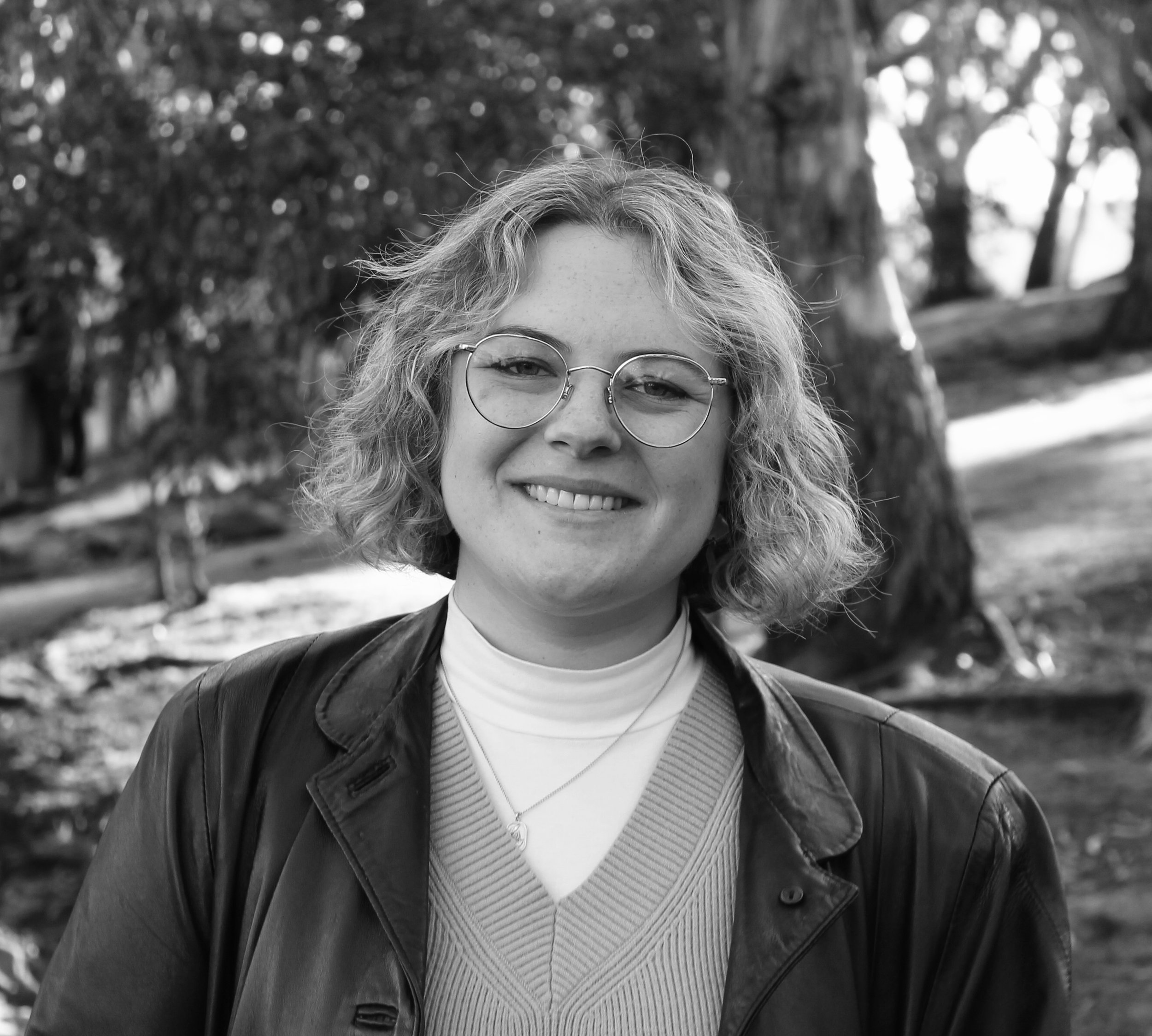Supporting our communities of care
Image by Nicholas Bartos (Unsplash)
Every day we care and are cared for in our homes and communities. That care comes in many forms – from looking after children to having a cup of tea with a neighbour. It’s often undervalued and underappreciated work, but both in everyday life and when things get tough, care is the glue that holds us together.
Yet we live in a world dominated by neoliberal capitalist states that encourage us to be individualistic, entrepreneurial and uncaring in the pursuit of economic gain. People and planet suffer – trees fall, carbon is emitted, people can’t afford homes and people languish on hospital waitlists. In this system, while care might be done for all kinds of reasons – from necessity to altruism – it becomes an act of resistance.
What is this phenomenon of care, the world order that we’re creating from the bottom up?
Care is inherently relational and interdependent, and by its nature recognises that while we might be in a position to care now, we will surely need care later. While Nan looked after me when I was younger, now I go to have a chat with her (although, to be entirely transparent, I am remunerated in a healthy share of her lolly stash). And just because a person needs care, it doesn’t mean that they can’t also care for themselves and others, regardless of the way political rhetoric divides us into lifters and leaners.
Care is modelled in diverse ways across cultures. First Nations of Australia have been caring for this Country, and their community, for over 60,000 years. Caring for Country, for example, through practices inherited from ancestors, ensures that both land and people are healthy. In a recent conversation about care, Beth Thornber, a First Nations artist of the Wiradjuri people, told us about how she was taught by her Pop to ‘throw back the small fish’ so that people down river could also eat.
Photo by Enguerrand Blanchy (Unsplash)
When I think about who a carer is, the first image that comes to mind is my mother ten years ago, juggling work, raising a child, cooking the evening meal and looking after her sick parents. But while care is most often given by women, experiences of care are diverse across sex, gender and sexuality. LGBTQI+ people might create families of choice, who they care for and who cares for them. The Care Collective, in the Care Manifesto, argue we should all practise “promiscuous care” – broader groups of intimacy first modelled by gay men to help each other get through the AIDS crisis, in response to the stigma around promiscuity.
Care goes beyond our private lives, extending into our communities. People feed neighbour’s pets while they’re in hospital, and call in to see their friends for a cup of tea and a chat. Local organisations, like the fire service, care for us not just by risking their lives when our homes and environment are on fire, but by organising a yearly lolly drop from Santa to the neighbourhood kids at Christmas.
People donate their time to help the most vulnerable in our communities through mutual aid as well as more traditional forms of charity – cooking meals for people experiencing homelessness and dropping groceries to those who are sick. They also make their and others’ voices heard, protesting and pushing governments to ‘get their priorities right’ and care for all of us.
But these individual actions of care are not always resourced and they rely on private capacity and interest. Of course, some people are paid explicitly to care – doctors, nurses, child care and aged care workers. But what about other industries, industries that most people would never even consider involving care?
Photo by Melody Ayres Griffiths (Unsplash)
Across a whole range of jobs – from street cleaning to baking, hairdressing to home-building – often people work because they care about providing financially for themselves and their families. But they might also be there to provide a product or service that cares for others in some way: whether in a structurally sound home, a nourished belly, a cleaner environment or the pleasure of a hairstyle that feels good alongside some social interaction.
In a lot of instances, care is freely given. I’ve certainly never slipped my Mum a $20 when she made a good spaghetti bolognese for dinner. But there are rewards from caring. Love from their families, pride in seeing their children grow or achievement in their communities flourish. As we heard in our recent public good work, people feel good when they get to contribute and to connect – something the act of caring enables.
Despite this, care is still work. It can be a heavy load to carry, especially alone and without support or acknowledgement; and it can create frustration, grief, tiredness and resentment.
Two things I know to be true: without individuals making time to care and be cared for, our society would crumble. And our carers need more support – a whole new “infrastructure of care”.
So what would it look like if our governments really put care back at the heart of its purpose, supporting citizens to care and be cared for without shame, guilt or suspicion; and with enthusiasm and respect?
Have governments become uncaring?
As citizens, the social contract between state and community is meant to serve us. We pay taxes, play by the rules and submit to state authority in order to live more safe, healthy, peaceful and prosperous lives. Care is at the very centre of this contract.
Photo by Nathan Dumlao (Unsplash)
Yet in recent decades, the modern Anglo-Western capitalist state has become synonymous with neoliberalism, and its associated promotion (indeed, concentration) of private capital and wealth. Countries like the US, UK and Australia have become far less caring (perhaps even ‘careless’), often intervening in the ‘free’ market to prop up companies, but not people living in poverty, or a natural environment under threat.
True, the responsibility to care for its citizens has not been completely abrogated by the state. We still have public schools, health care, housing and publicly-subsidised aged care homes, in a mix of federal and state funding (we also have huge public subsidies to private education and healthcare). The Federal Government pays social security to older Australians, as well as those experiencing poverty and ill health. During the early years of the COVID-19 pandemic, they extended this in an unprecedented way through doubling of the JobSeeker and creation of ‘JobKeeper’ payments. And local governments continue to maintain our parks, waterways and urban environments.
But we know this is not enough – ask anyone struggling to stay afloat on welfare payments that are well below the poverty line, trying to get elective surgery on the public waiting list, or currently living out of their car…
Imagine if care for people was proudly put back at the heart of our state’s purpose, in both decision making and provision of infrastructure. Where would our taxes go and what would our budget look like?
We might see the government supporting those who primarily provide care and are currently unpaid for it. This could be done through increased income support payments, a universal basic income or a job guarantee. It could be through services which support them to care, such as counselling or training.
State support could simply be enabling more time to care and be cared for. When conditions are right – including expanded paid parental and carers’ leave – workers can devote adequate time to both their care responsibilities and their jobs. This could also be done through policies that encourage redistributing the responsibilities of care. Use-or-lose-it longer paid Dad and partner leave, greater gender pay parity policies, shorter work weeks, more secure employment laws and greater numbers of women in leadership positions could free up more men to have lives outside of work.
Instead of constantly asking “how do we help women to do more paid work” we need to start asking, “how do we set people and our communities up to thrive?"
How do we make caring a badge of honour, supported and financially viable? Maybe we’ll find we don’t need longer school hours (as was suggested by the former Liberal NSW government), but shorter work hours. Maybe we’ll find that women don’t need to ‘work more’, but men need to be supported to ‘work less’.
Photo by Andrew Oullet (Unsplash)
What if caring was treated not as an inconvenient impediment to paid work, but as a universal right, as suggested by a recent government inquiry?
What if everyone who wanted to care could? Not just for their families, but for their communities. Carers’ leave could be extended to include people who care for their neighbours, or for volunteering in their community. Australia currently has community service leave, but with the exception of jury duty, it is unpaid. Think how many days during summer our volunteer firefighters take off work at their own expense!
We might also see the people in caring industries paid as much as other professionals, or provided the support that they need to care – through not only resources like hospital beds but adequate staffing ratios.
Support for carers alone, of course, is not enough. The people they care for need to be valued too. What if needing care was not seen as shameful, but courageous, or even downright ordinary? We would provide adequate services for people being cared for – such healthcare which is accessible for rural Australians. We would make sure that truly no one is left behind – with more social housing, cost of living assistance and accessible public transport and spaces.
What would a radical reimagining of a new social contract between community and government look like – where communities were truly resourced and provided with the infrastructure they need to care for themselves and each other?
We might see community meals and more events funded, and the fire service given the resources it needs to fight our worsening fire seasons. Our community halls, green spaces and libraries might be protected, expanded and modernised as places to gather and communicate. We might ensure that local television and radio stations are well-funded and independent so that people can always be aware of what’s occurring around them.
We could see the community given a say in how their forests are managed and the tools to do this, so they’re available for leisurely walks during the winter and protected from bushfires during the summer. Coal mines shut down more rapidly, and workers supported to transition into careers that are sustainable for both their communities and our planet. People who provide mental health support to their communities, whether as volunteers or part of their other work, given the proper training to ensure that everyone is cared for.
Of course all this is expensive. But we’re a wealthy nation, with the power to put money into the things that we value. We’ve paid billions in fossil fuel subsidies, for nuclear submarines and to detain immigrants. What Australian really cares about these things more than their communities?
Australia reMADE’s Caring through Disaster project
Communities caring for each other not only get us through our daily lives in the ordinary times, but ensure that we are prepared for, and can recover from, disaster when it strikes. Whether it's climate impacts like fire and flood or a global pandemic, disaster is no longer unprecedented. We’ve all experienced the impacts over recent years, with those already experiencing chronic crises worst affected.
“Among the factors determining whether you will live or die [during a disaster] are the health of your immediate community and the justness of your society.” – Rebecca Solnit
At Australia reMADE, we want to help government, businesses and organisations to truly support care in communities – before, during and after a disaster. We’ve partnered with Women’s Health Goulburn North East to talk to communities in Victoria about how they have cared and been cared for during recent disasters, and what support they need from government, organisations and businesses the next time disaster strikes.
While we continue to work towards systemic change to prevent and mitigate crises upstream, we also want to understand how to better empower and resource communities on the ground under the most trying of circumstances. Because no matter what, care is the glue that holds us together.
You can add your voice or get more information about the Care through Disaster research project, here.
RACHEL HAY
Rachel Hay is a researcher, writer and campaigner, working for a world where our people and environment are protected, empowered and celebrated. She leads our project on centring the public good of care before, during and after disaster.










